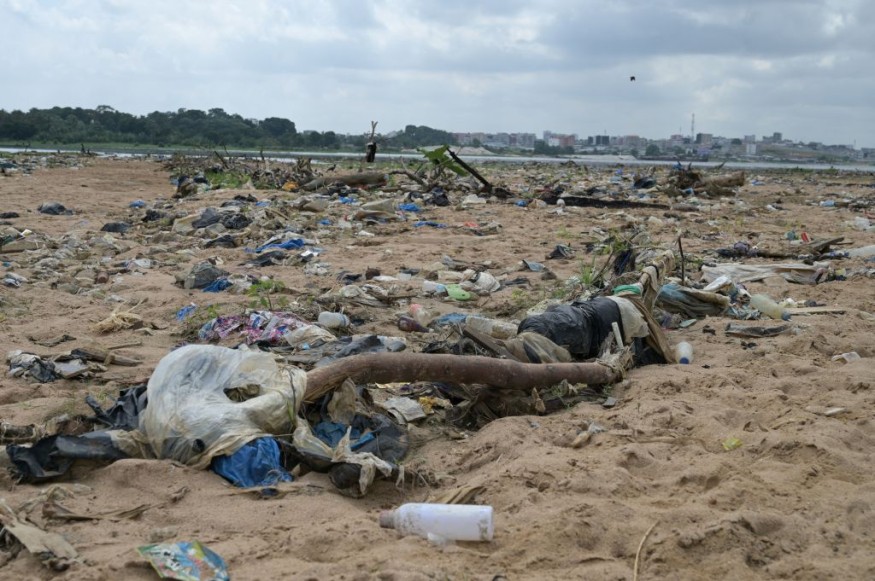Plastic pollution has been a major problem that significantly affected the river mouths in the Mediterranean Sea and Atlantic Ocean. The recent report raised concerns about the impacts on aquatic species.
The increasing plastic production has polluted the world's oceans, including rivers. Plastics can threaten the animals' health. When marine animals consume plastic shards, they can likely starve s d die.
As a result, understanding plastic pollution is crucial to prevent its devastating impacts on aquatic animals and human health. Plastic mitigation is important to avoid entering the world's oceans.
Widespread Microplastics: Why Does It Matter?

Mitigating the massive microplastic is vital for rivers and marine environment health.
In the new report, researchers discovered that river mouths are polluted by microplastics from the Mediterranean Sea and Atlantic Ocean.
The emergence of microplastics in rivers raised concerns about the impacts on aquatic species. Researchers found that the aquatic species are also contaminated by microplastics.
Microplastics can affect the food web. Animals can consume plastics and microplastics. When humans eat contaminated fish, it can bring significant health risks.
The initiative of the i-plastic and the Institute of Environmental Science and Technology of the Universitat Autònoma de Barcelona (ICTA-UAB) provided new insights into the micro and nanoplastic concerns.
Alarmingly, the researchers uncovered that about 53% of oysters and 85% of mussels had microplastics. In addition, estuarine marine fishes are also affected. Recent reports showed that consuming microplastics can cause detrimental health effects.
Microplastic Effects on Coral Reef System
Microplastics can threaten the health of coral reefs. Researchers highlighted that it is a global threat to corals. Reports showed that plastic debris could cause damaging effects on corals, including internal damage.
Coral reefs are important for aquatic species and the ocean's health. The decline in corals can make it more difficult for marine animals to thrive.
Researchers highlighted that microplastic can reduce skeletal growth rates and cause reef degradation. The continued threats of microplastics can affect the coral reef resilience in cold waters and biodiversity.
In addition, the coral reef system has suffered from rising temperatures, climate change and pollution. Plastic pollution can aggravate the devastating state of coral reefs.
With the increasing plastic deposited on the seafloor, reducing plastic consumption is a win-win for the oceans and rivers.
Also Read : Washington, D.C Plastic Pollution: Improving Anacostia River Health Helps Wildlife, Environment
Did you know?
According to research, plastic particles can start from the land and enter the ocean. When plastic debris penetrates the world's oceans, it has a devasting effect on aquatic species and coral reef systems.
For more similar stories, don't forget to follow Nature News.
© 2026 NatureWorldNews.com All rights reserved. Do not reproduce without permission.





